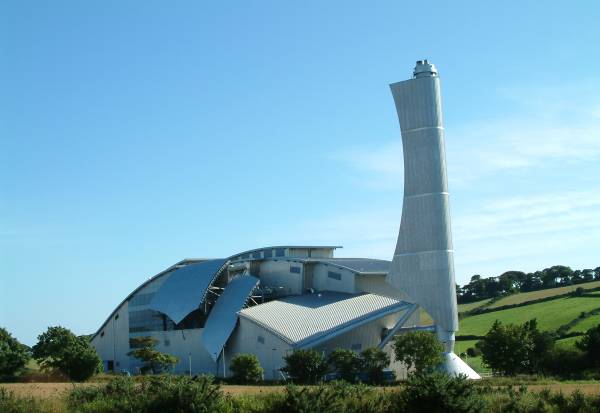In its report, which reviews the latest scientific evidence on the health effects of modern municipal waste incinerators, the HPA concludes that, while it can not completely rule out adverse health effects, any potential damage from facilities is likely to be so small that it would be undetectable.

Commenting on the report’s conclusions, a spokesman for the HPA said: “The evidence suggests that air pollution from incinerators makes up a fraction of 1% of the country’s particulate emissions. Industry and traffic account for more than 50%.
“European Union Directives aimed at minimising landfill are leading to an increased use of incineration, and research suggests that this will not cause any significant adverse health effects.
“The evidence suggests that any potential damage to health of those living close to incinerators is likely to be very small, if detectable. The Agency therefore does not believe that studies of public health around individual incinerators are scientifically justifiable.”
The Agency’s conclusions are published in a position statement, ‘The impact on health of emissions to air from municipal waste incinerators’, which updates a 2005 statement on the same issue but sees no change in its general position.
Data
Among the data used in the report are figures provided by Defra which show that, in 2006, waste incineration contributed 0.03% of the national emissions of air pollution particulates PM10, compared to 27% for traffic and 25% for industry.
And, in terms of carcinogens, the report cites evidence from the Department of Health-affiliated Committee on Carcinogencicity of Chemicals in Food, Consumer Products and the Environment, which concluded that any potential risk of cancer due to living near a municipal waste incinerator was “exceedingly low”, and probably not measurable by most modern techniques.
While stating that the risk to public health were not sigificant, in the report the HPA stresses that it will continue to monitor the situation in the future, stating that: “The Agency, not least through its role in advising Primary Care Trusts and Local Health Boards, will continue to work with regulators to ensure that incinerators do not contribute significantly to ill health.”












Subscribe for free